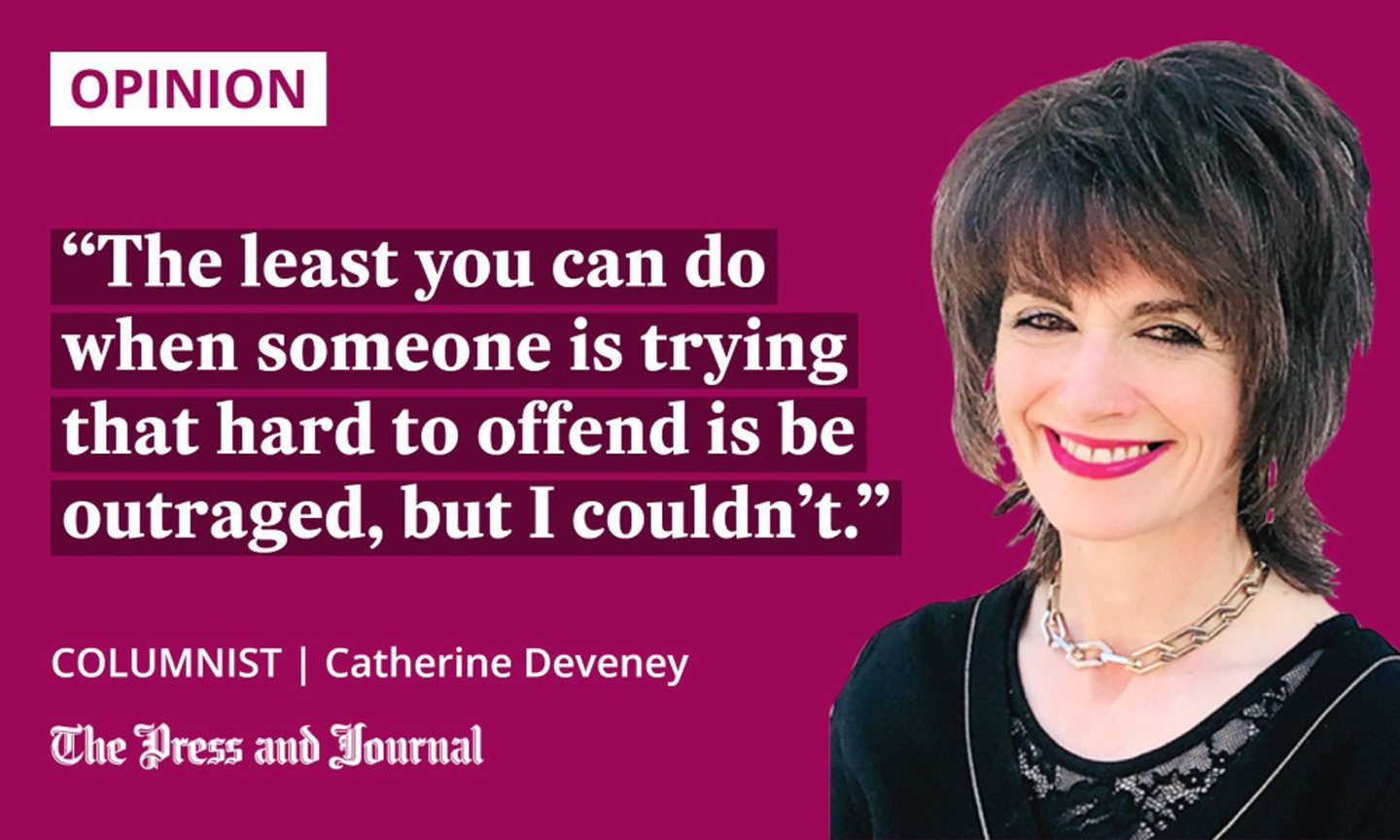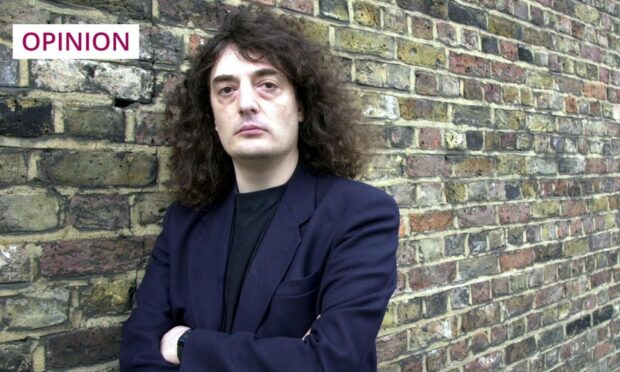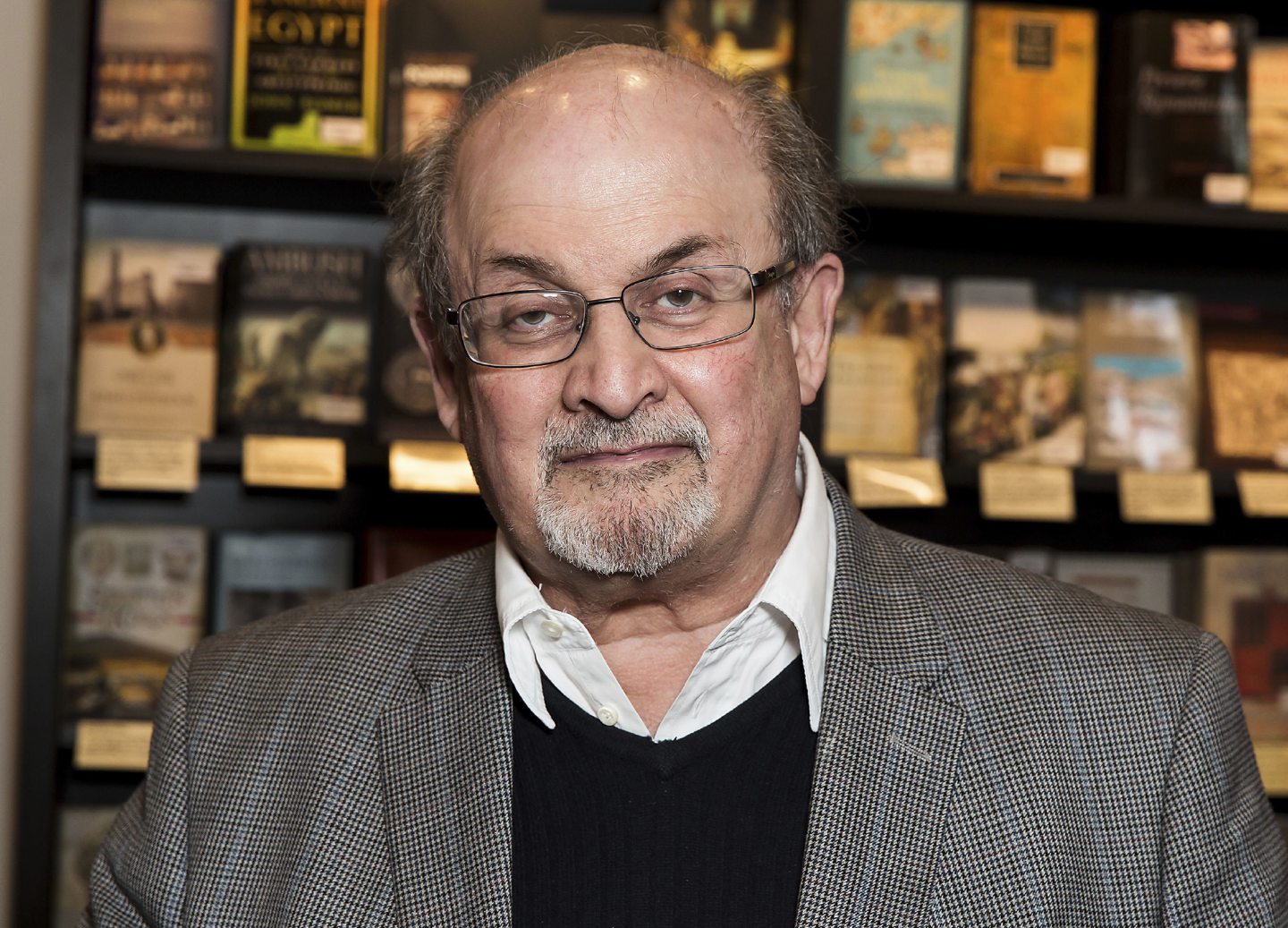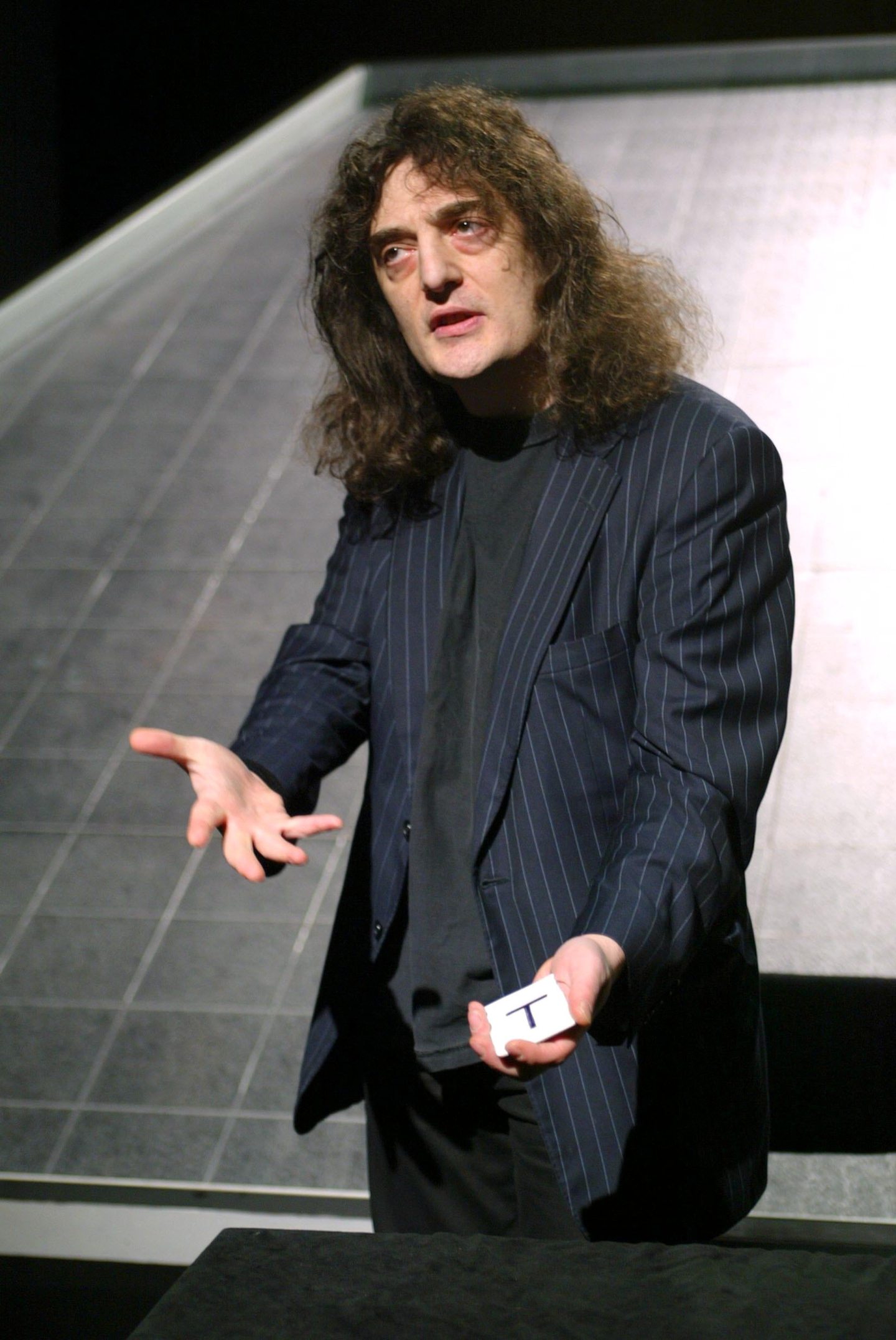Jerry Sadowitz tried his best to make me hate him. I think he’s frightened of indifference.
We met in a London pub many years ago, and Sadowitz – whose show at the Edinburgh Fringe was recently cancelled by the Pleasance venue – brought his pal, Ian, for protection. We sat in an awkward interview triangle, Sadowitz avoiding my eye. I asked questions and Jerry answered Ian.
He tried everything. Vile jokes. Bitter rants. Misogynistic nonsense about women’s purpose being to give men pleasure. The least you can do when someone is trying that hard to offend is be outraged, but I couldn’t.

“I think,” I said eventually, “You put up all these barriers to see if anyone cares enough to look behind them.” At last, he looked directly at me. “Yes,” he said. “Maybe.”
His Fringe cancellation threw up discussion about censorship, partly because it came in the same week that author Salman Rushdie was so viciously attacked. While free speech is not the freedom to say anything you want – inciting hatred and violence cannot be acceptable – it IS the freedom to say things other people don’t like. Sadowitz is an absolute master at causing offence but, then, he tries very hard and practises a lot.
I’m a stickler for interview preparation but, unusually, he insisted I didn’t come to his show which, back then, was called Not For The Easily Offended. Why not? Because it would be like listening to the last Frank Zappa album without knowing the back catalogue.
Sadowitz’s cancellation is about latecomers
People who didn’t understand him just banged on about being offended. He wasn’t interested in “latecomers”.
And that’s the problem with his cancellation. It’s about latecomers. Jerry Sadowitz does what Jerry Sadowitz has always done. It’s the world around him that has changed – and not for the better.
The feigned shock. The creeping social paralysis that results from faux horror. If you are shocked by Sadowitz’s performance, you haven’t read the small print carefully enough, or even clocked his latest title: Not For Anybody.
I was secretly relieved not to see his show. I didn’t need to go to know I didn’t want to. There’s a choice.
Our conversation covered life and love and God and despair. So, while the issue of free speech is vitally important, it was Sadowitz the person I found myself reflecting on when I saw the recent headlines.
Still around, still shocking
In the intervening years, I had wondered what had happened to the performer who is revered by so many fellow professionals, yet never hit the mainstream. Was he still making ends meet by working in a magic shop? Was he still performing?
The publicity avalanche made me smile. Still around. Still shocking. The furore will make his next appearance bigger than his last.
I hate much of Sadowitz’s material. (I know that even from the snatches in the interview.) But, there was more to him than a foul-mouthed, self-publicist. There was the shy side. The side that, in the broadest sense, was a romantic: his cynicism was just thwarted optimism; his bitterness disappointed hope.
Then there was the believer in God, who explained the mystery of faith in his own simple but profound way. “If I do a magic trick and fool you, you think you have been fooled because of magic powers. But there are no magic powers. There is a method to that magic – but you are not allowed to see the method.”
A child fossilised under layers of cynical adulthood
Perhaps most importantly, there was the child, fossilised under layers of cynical adulthood. The American boy who went home after school to find himself whisked away to Glasgow, whose parents separated, who quickly afterwards started bleeding with the ulcerative colitis that has plagued him ever since. The child who thought he would get famous, find his dad, and reconcile him with his mum.
Sometimes, he was nice, he said, but today he was being aggressive and arrogant, Perhaps he was. Yet, it was his kindness I remember most
The disappointed cynic in him said his dad was boring and his mum was mental and all three of them were sad characters because life thwarted everything he ever wanted, and no woman was ever going to fall in love with him, and he didn’t want children because what if they got ulcerative colitis? Anyway, he was going to die young.
tonight's jerry sadowitz fringe show is cancelled after a number of complaints from audience members last night which throws up the question "what kind of show did they think they'd paid to see?"
— euan mccolm (@euanmccolm) August 13, 2022
But, then, he became the boy again, when he said that trapped inside his mental mum was a really vulnerable, sweet girl and he wished he could make her happy but he couldn’t.
Sometimes, he was nice, he said, but today he was being aggressive and arrogant, Perhaps he was. Yet, it was his kindness I remember most.
Just as I was switching the tape off, he invited me to eat with him and Ian. I looked up as he spoke, accidentally hitting delete. Sadowitz howled with laughter until he saw I was genuinely distraught. His face changed.
“Don’t worry,” he said sincerely. “I’ll do it again.”
I knew then that whatever bile Jerry Sadowitz spewed, it really was performance. What you see is not entirely what you get.
Catherine Deveney is an award-winning investigative journalist, novelist and television presenter



Conversation